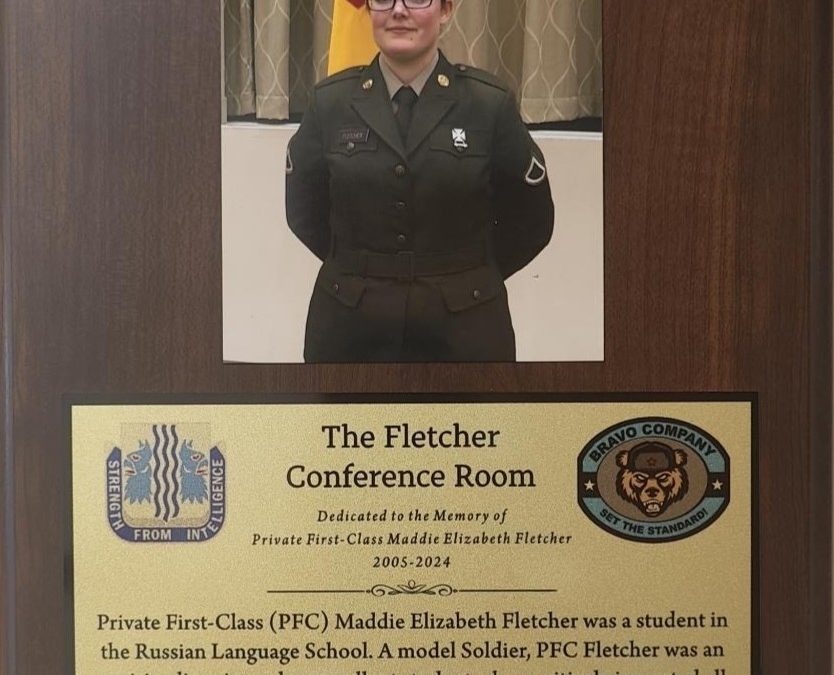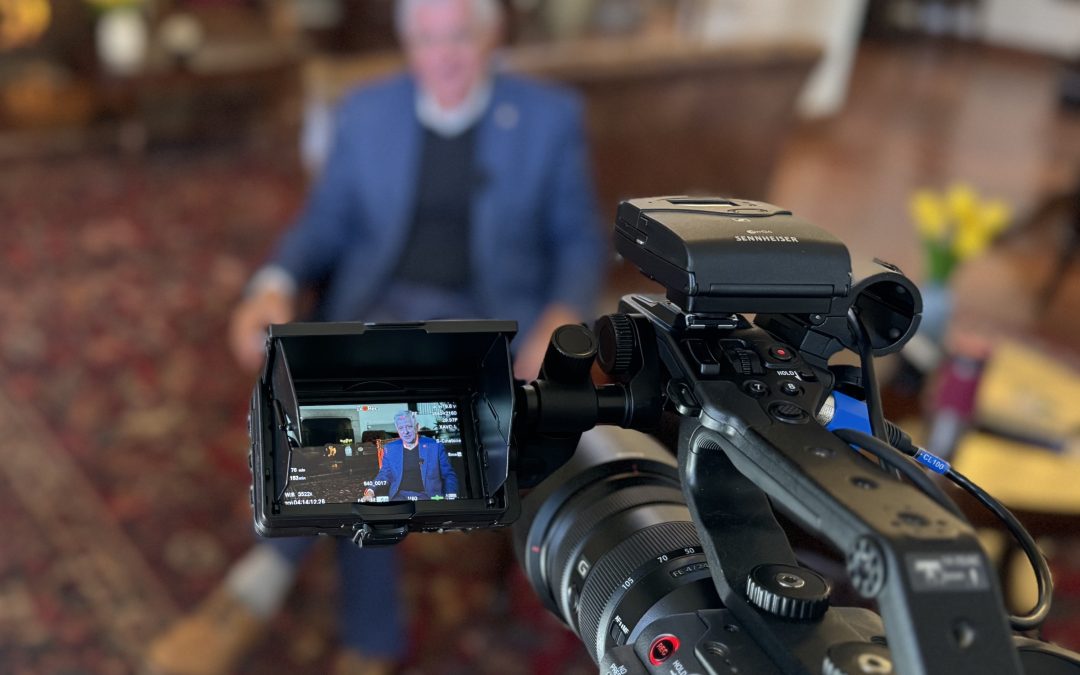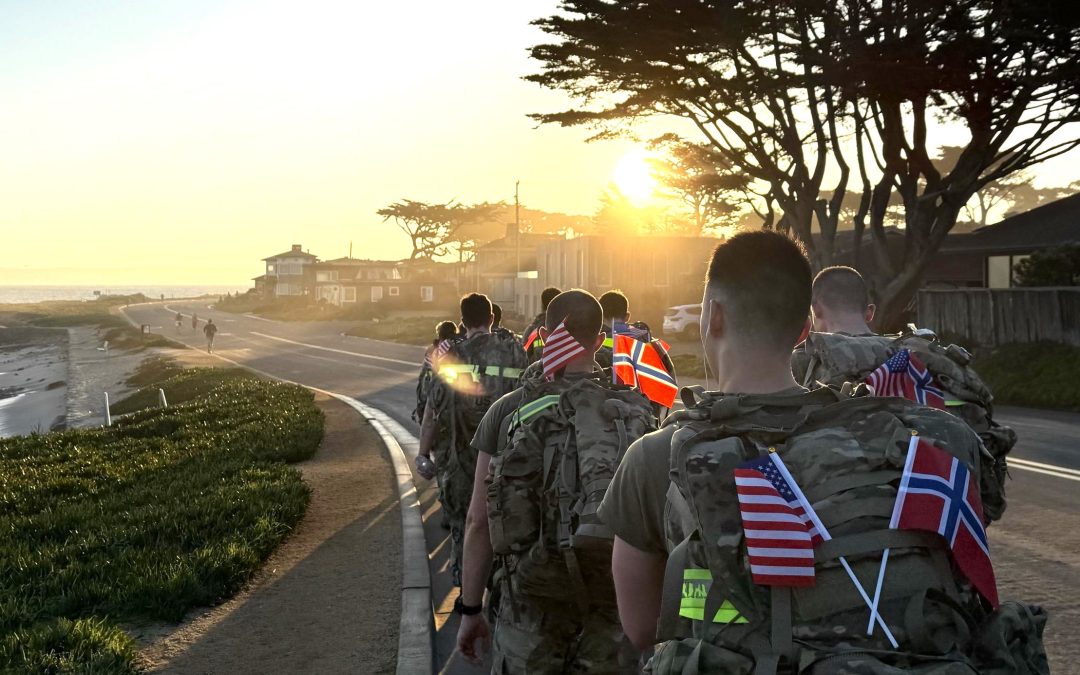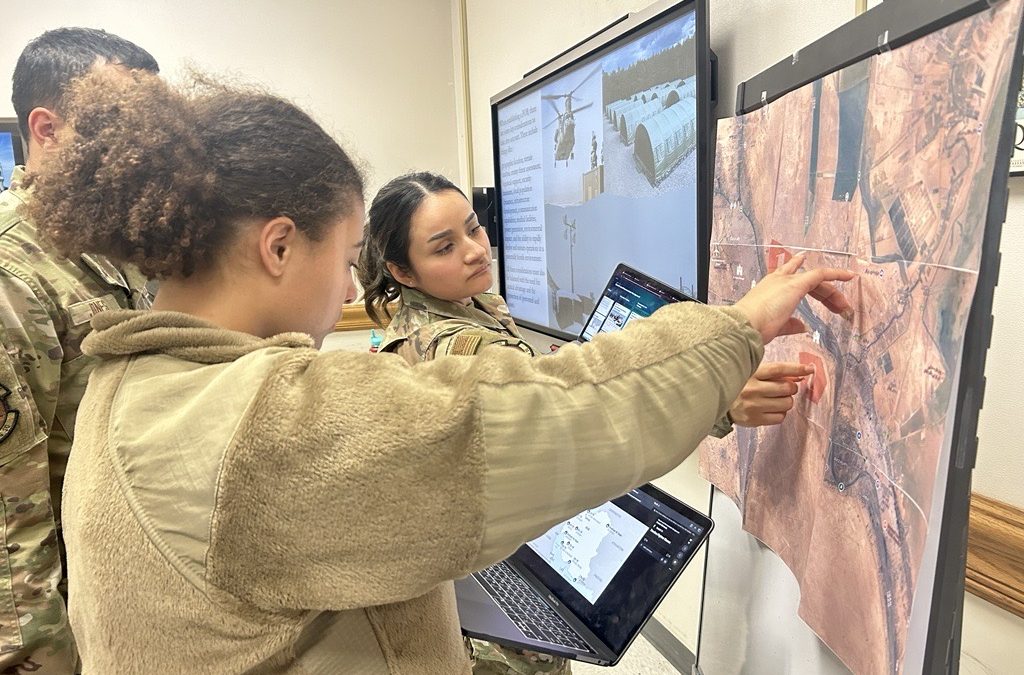By Tammy Cario
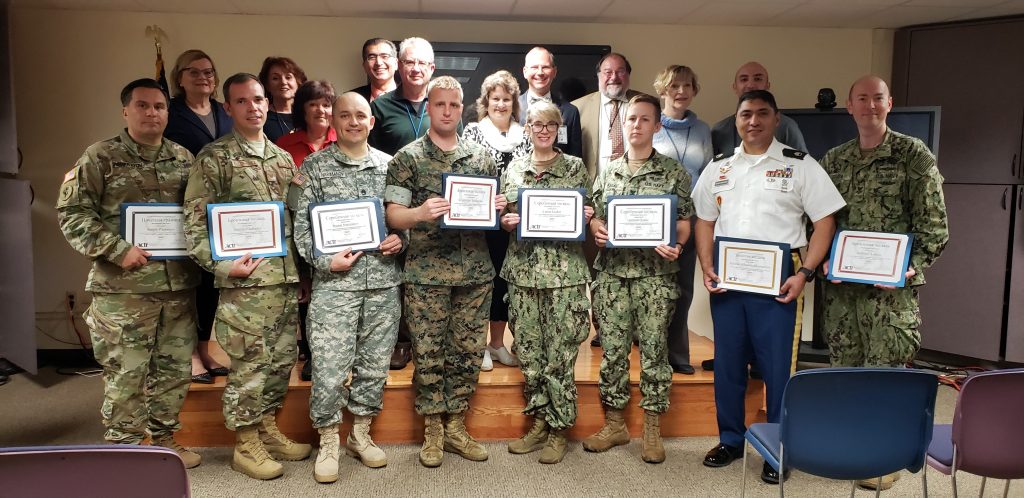
It was in early February that 15 Defense Language Institute Foreign Language Center students in the Russian program for interpreting gathered in the auditorium at the Fort Ord Department of Defense Center in Seaside, California. They were preparing to write a timed essay in a nationwide contest run by the American Council Teachers of Russian, called the 2019 National Post-Secondary Russian Essay Contest.
Iryna Worman, department chair for the Defense Threat Reduction Agency, was one of the faculty members in the auditorium that day. She said that for her, the anticipation was running high. “We started winning this contest in 2013. We had two winners that year. In 2014, we had four.” The numbers kept rising each year. “Last year was eight. It’s a contest. You never know!”
A teacher told them the theme: university life. From there, the students had 60 minutes to write an essay in Russian. No dictionaries, no Google. Just a pen and paper, and their year spent learning at DLIFLC.
“We don’t teach writing,” explained Worman. “We are an interpreting program.” The students are tested on their listening, reading and speaking abilities. “In our program, we have classes like interpreting, translation and history. No writing classes.”
The students were entered in one of three categories: those with no prior exposure to Russian, heritage speakers of other Slavic language other than Russian, or Russian heritage speakers. Almost 1,500 essays from 67 universities and colleges across the nation were submitted. Three judges in Moscow read and scored each essay independently.
A few months after the essays were submitted, Worman got the news that 12 of the 15 students won an award: two gold, five silver, three bronze and two honorable mentions.
“I was hysterical. I hate to brag, but this is something we can be proud of,” Worman said. “Writing this essay is not easy, even for us to write in English.” It’s not just about writing words in a foreign language, she said. “It should be interesting to read. It needs to be something that catches your attention.”
“We prepare students to work for DTRA,” Worman said. “Being a linguist is different from being an interpreter. Just because you know a language doesn’t mean you’ll be a good at it.” It’s a different set of skills, she said. That’s why they encourage their students to enter programs like the essay contest. “It encourages students to learn the language and the culture,” she said. Both are a necessary component to being a good interpreter.
One of the gold medals went to Army Staff Sgt. Alisher Khalmukhamedov, a native of Uzbekistan. Winner of a green card lottery, Khalmukhamedov came to the U.S. in 2008 and joined the Army. “I wanted to realize my potential. Be all you can be,” he said. He came to the U.S. when the recession was just starting, so job security was also important to him. He became a flight engineer with Boeing CH-47 Chinook helicopters. For Khalmukhamedov, his military occupational specialty will not change. Once he graduates from the program, he will fly with DTRA, taking aerial photos in conjunction with Russian counterparts in compliance with a nuclear arms control treaty with the Unites States.
Air Force Staff Sgt. Artsem Ivashanka, one of three bronze winners, came to the U.S. from Belarus in 2009. He joined the military, he said, “to support the Constitution and the American way of life.” It was also a chance to travel, he said, and came with a built-in family that military service fosters. For Ivashanka, a medical technician, this is a special duty assignment. When he graduates, he’ll work for DTRA as an interpreter.
At the award ceremony the DLIFLC Provost, Dr. Robert Savukinas, congratulated the students for their accomplishments. “Keep developing your foreign languages,” he said. “Here’s the why: it’s for the oath that you took to support and defend the Constitution of the United States, to enhance the security of the nation, for what you will be doing in your follow-on assignments. We’ll be depending on you to do great things.”

